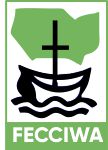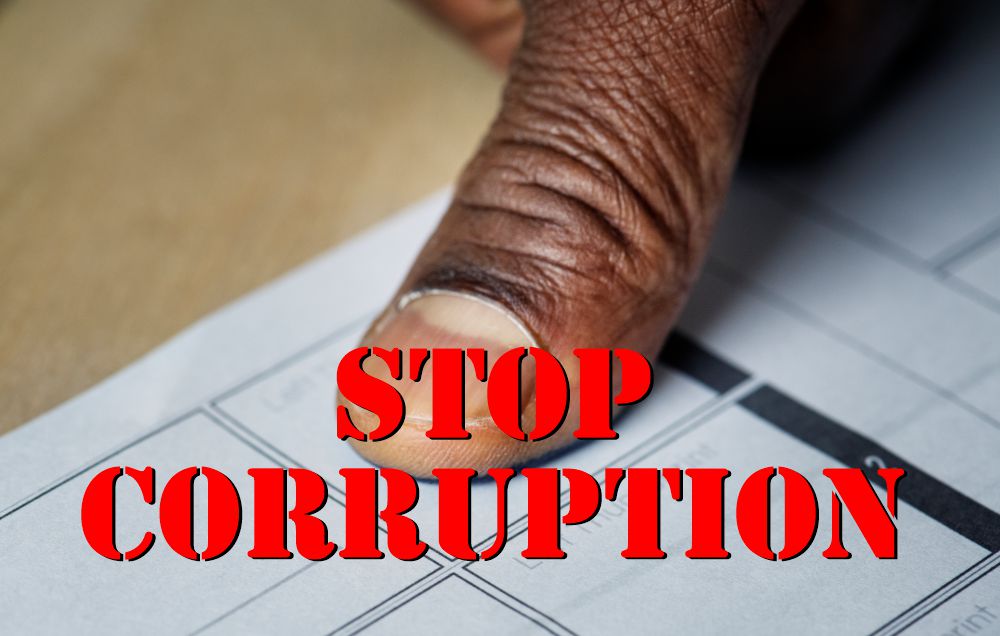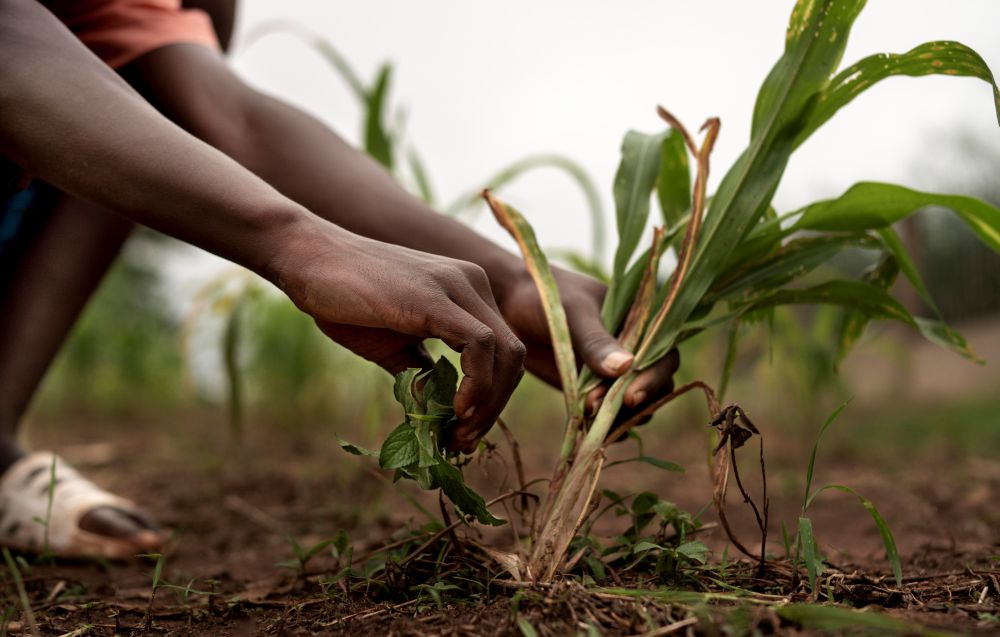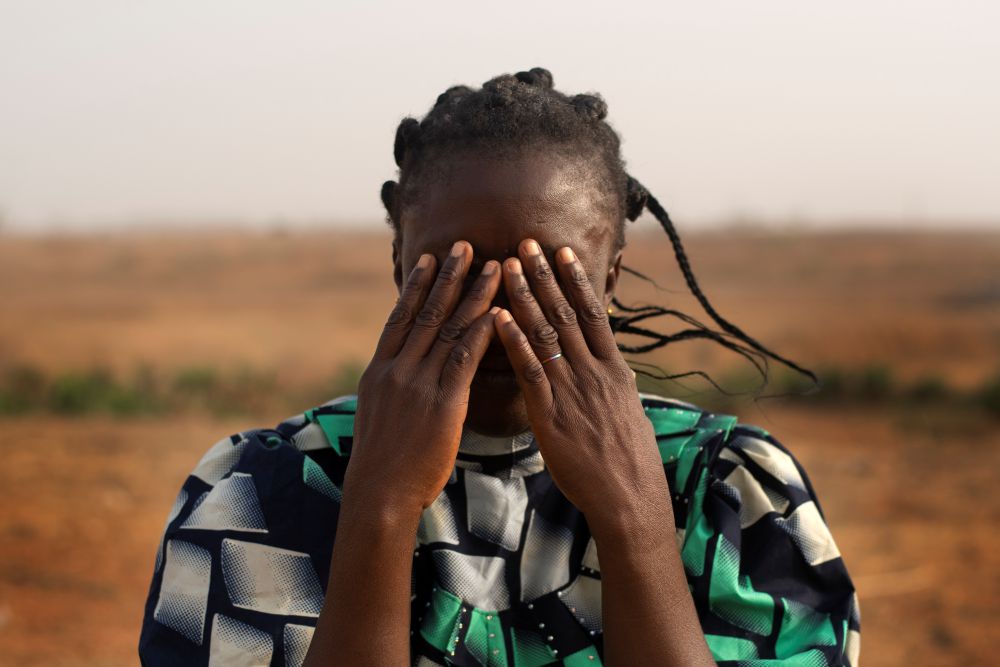

Fellowship of Christian Councils and Churches in West Africa (FECCIWA) Organisational Assessment
PURPOSE
The objectives of this organisational assessment are to:
- Review FECCIWA’s internal processes and practices.
- Building on prior and presently ongoing work undertaken by FECCIWA to assess FECCIWA’s organisational strengths and weaknesses.
- Developing a plan for building on the organisation’s strengths and addressing weaknesses to ensure that FECCIWA is seen as the umbrella body for church councils and churches; to help build the organisation’s membership base across West Africa; to strengthen coordination between FECCIWA membership, FECCIWA executive, and the Secretariat; to clarify governance processes for the organisation; and for FECCIWA to stand as a leading voice on food security, fight against gender violence and abuse, peace and the member’s key role in the future of FECCIWA; and to contribute to FECCIWA’s long-term sustainability as an adaptable, influential, membership-driven organisation.
OUTCOMES
- A detailed methodology of the approach to be taken and a schedule of activities for the organisational assessment. This methodology and timing will be jointly approved by FECCIWA and PPM.
- Completed organisational assessment tool which provides a baseline from which to measure organisational changes.
- Report and recommendations for a 12-month / 3-year organisational support and mentoring plan.
EXPECTED DURATION
Three (3) months
CONTACT
Très Rév. Dr. Jacques AGNIMEL Gnagne, Secrétaire Général, ACCEAO
E-mail :revjacquesagnimel@gmail.com ; secretarygeneral@fecciwa.org ;
Tel: + 228 22 20 18 75/+228 93 66 60 88
- Fifamè Fidèle HOUSSOU GANDONOU, Coordinatrice, ACCEAO
E-mail : foodcampaign@fecciwa.org ou fifamgj@yahoo.fr
Tél : +228 91 40 78 42/ +229 67 47 13 47
LOCATION
Togo and Home Country
COMMENCEMENT DATE
1er september 2018
COMPLETION DATE
1er décember 2018
BUDGET
The consultant is requested to include an estimated budget with their proposal. Budgets will be assessed based on value for money.
Introduction
The Fellowship of Christian Councils and Churches of West Africa (FECCIWA) is a regional organization of 13 country members including Benin, Burkina Faso, Ivory Coast, Gambia, Ghana, Guinea, Liberia, Mali, Niger, Nigeria, Senegal, Sierra Leone and Togo. The Association aims at improving the dynamics of its network both internally and externally. After implementing three food security projects under the campaign banner “produce what you eat, eat what you produce”, FECCIWA has agreed with its main partners (MPC) to undertake an organizational assessment to establish a state of affairs in relation to the organization’s vision and mission statement to assess the strengths and weaknesses of the FECCIWA. This is in order to deeply transpose FECCIWA as a development institution through a sound and results-based management system. With this in mind and to ensure that the vision of the organization is in the members and supporters and partners, FECCIWA wishes to undertake an urgent review of its activities to ensure that they achieve the objectives as their members and partners. It would also reposition the Association’s response to the needs of the members and the population that it wants to serve the organization of the 21st century.
Context
According to the Constitution of FECCIWA, the General Assembly elects the Executive Committee every three years to manage the affairs of the Institution. In this regard, a new team was elected in February 2017 and took office in April 2017. In addition, a new strategic plan was adopted by the General Assembly. Despite these provisions, FECCIWA is in a situation where its activities are not visible to members in the field and is also struggling with effective management of its development programs. The issue of good management is important because it is at the heart of the institution dynamic and it works well. Effective management of the FECCIWA’s network; easy access to information about the fellowship’s activities, compliance with the constitution and the manual of procedures, as well as respect for its purpose and objectives, as outlined in its strategic plan, are essential to successful organization. It is also important that the goals and objectives of the association are replicated in the programs that engage in the communities. In addition, an appropriate mechanism to monitor and manage results of its activities must be put in place. As difficult as it may be, it is useful and necessary to ensure the success of any activity and therefore to the life and survival of the institution itself
Objective
Main objective
Conduct an institutional and organizational audit
Specific objectives
Analyse and understand the current organization of FECCIWA (roles, responsibilities and missions of each staff member and members of the executive committee);
Analyse the representation of the organization through the participation and involvement of Christian councils and churches in the various campaigns;
Appreciate the tools put in place by FECCIWA;
Meet and talk with key stakeholders in the organization to identify difficulties encountered;
Identify the strengths and weaknesses of the organization as well as the opportunities of the institution and the environment;
Suggest ways of improvement to optimize the functioning of FECCIWA (better visibility, increased relations with partnerships, improvement of living and working conditions of staff, improvement of the quality of relations with Christian councils and churches and partner NGOs, better resource mobilization, improvement of the project implementation and management framework, establishment of monitoring and evaluation mechanism).
search here
Related Posts
Causes Posts

Anti-Corruption Campaign
Goal: $6,080.00March 14, 2025

Food Security
Goal: $3.04 millionDecember 10, 2024

Gender-Based Violence
Goal: $6,080.00November 15, 2024

Climate Change
Goal: $74,062.00November 15, 2023
